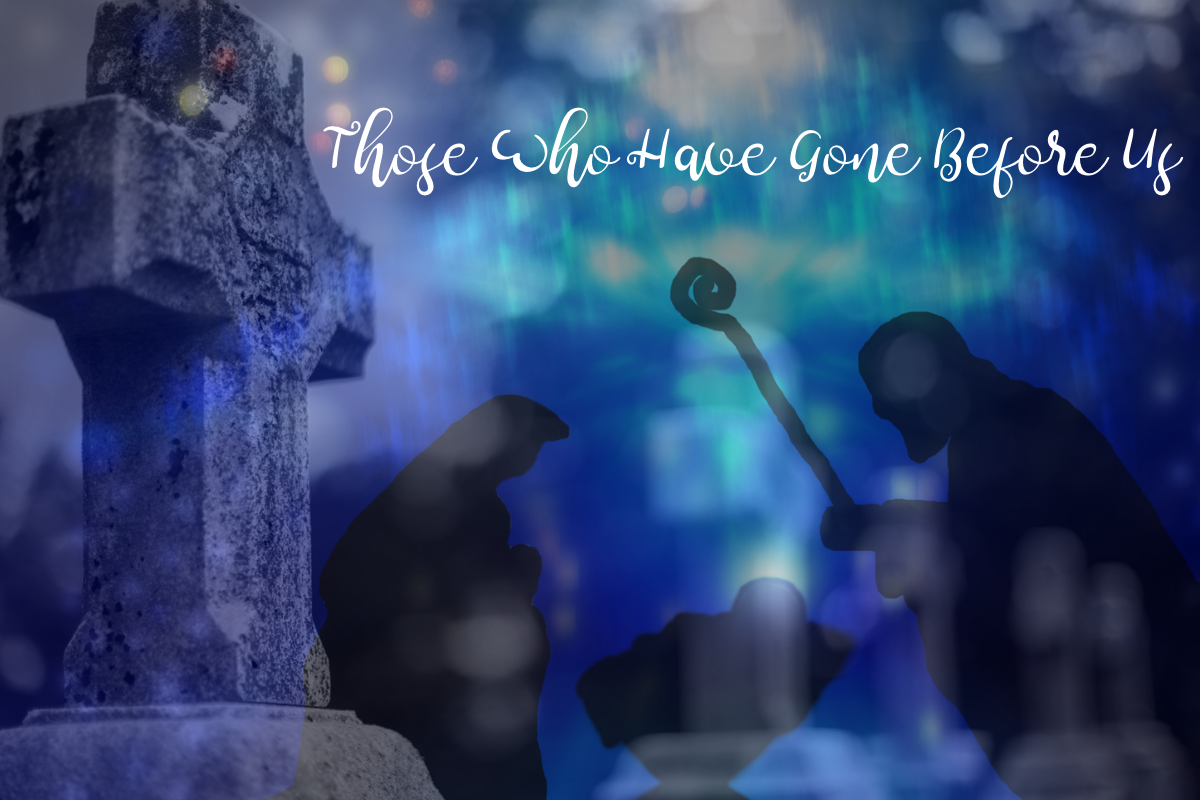We recognize that death can be an end, but it does not have to be the end. For those who have gone before us, our bonds of charity need not be destroyed by death. Through the providential love of God, our connection with the dearly departed is strengthened by the power of intercessory prayer.
Christian stewardship is typically associated with giving time, talent, and treasure in service to God with gratitude for His bounty. Yet full participation as a Christian steward is not simply about what we give but also about how we live.
Gratitude is our way to demonstrate thankful appreciation for everything in our lives. Adopting an attitude of gratitude promotes happiness and wellbeing. Simply put, we cannot be hateful if we are grateful.
An anonymous author observes: “Money will buy a bed but not sleep, books but not brains, food but not an appetite, finery but not beauty, a house but not a home, medicine but not health, luxuries but not culture, amusement but not happiness, and a crucifix but not a Savior.” Our greatest treasure is found not in our material wealth, but in the richness of our faith in God. While our financial treasure should be used to support our spiritual treasure, the contribution we offer to God is a small token compared with the great blessings He bestows upon us.
Our Christian teaching supplements the four cardinal virtues with the three theological virtues of faith, hope, and charity (or love). These theological virtues elevate and perfect our habits, thus directing us toward the supernatural happiness that can only be achieved by our union with God. Theological virtues are infused in our souls through God’s gift of sanctifying grace.





